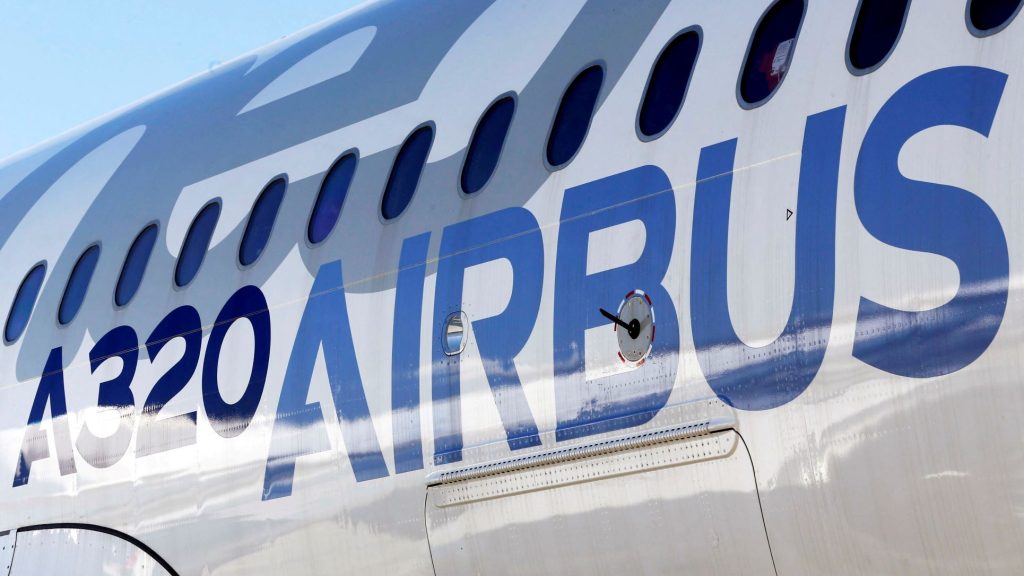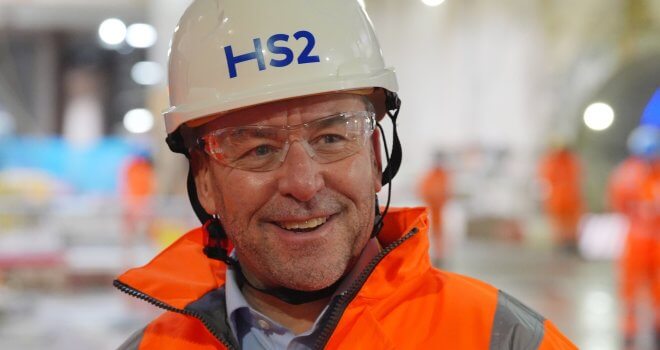Airbus On Hiring Spree For Factory Ramp-Up, Digital Projects

Airbus is better prepared for the challenge of securing enough people to handle jet production increases than it was before the pandemic, a senior executive said.
The European planemaker plans a two-thirds increase in production of best-selling A320neo-family single-aisle jets to 75 a month in 2026 from 45 now.
In Germany, its second-largest base, Airbus plans to hire 3,500 staff for the second year in a row to handle the ramp-up and feed projects on decarbonisation and industrial systems.
The goal involves retracing steps taken before the pandemic, when output touched 60 a month.
Airbus targeted 15,000 job cuts during COVID-19 but is hiring again.
“For the last ramp up, we were prepared to a lesser extent than we are now,” Marco Wagner, human resources director for Airbus commercial activities in Germany, said.
Tight labour markets and stretched supply chains have hampered aerospace worldwide since COVID-19, putting hiring plans into sharp focus.
“The labour market is difficult, yes. But we are more focused and are really targeting, and have started our initiatives well in advance in order to be ready,” he told French journalists visiting Airbus Hamburg facilities.
Airbus is hiring 13,000 people worldwide this year.
In Germany, it has begun recruitment campaigns on social media, showcasing ambitions to build a zero-emission hydrogen-powered plane by 2035.
But Airbus, which also has core sites in France, Britain and Spain, faces competition from big and small players alike.
Aerospace generates 40 billion euros of sales in Germany, a tenth of the country’s auto sector and a fifth of its pharma industry, Wagner said.
“We have many big players in Germany and small startups … and those are very attractive to people in the market,” he told the AJPAE aerospace media association.
Competition is especially intense for the skills needed to meet digital demands on manufacturers, sparking a race for talent with global tech.
“When we look for IT experts, cybersecurity experts, they’re not naturally interested in aviation; they’re interested in a proper workspace, they want to have interesting projects, they want to have a mission,” Wagner said.
Airbus’ commercial and defence activities will increasingly require high-power computing, connectivity and cloud-based solutions, all of which must be hack-proof, Chief Executive Guillaume Faury said last month.
His comments came after French IT group Atos said it had received an indicative offer from Airbus for Atos’ minority stake in cybersecurity arm Evidian.
(Reporting by Tim Hepher; Editing by David Holmes)




